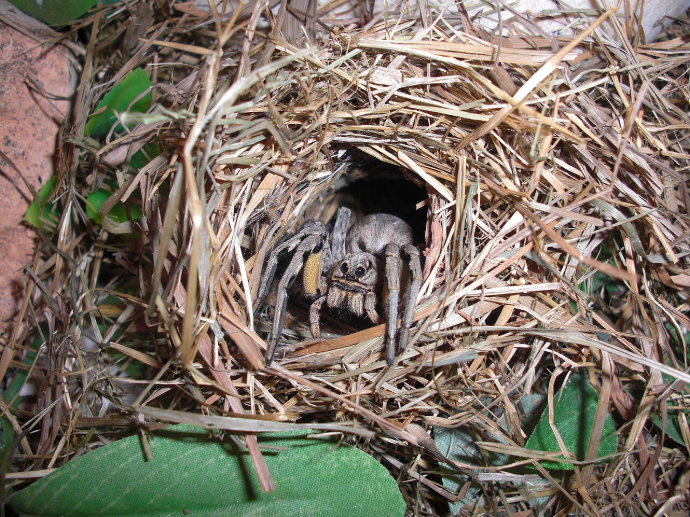The Lycosidae family, also known as the wolf spiders, plays a crucial role in ecosystems worldwide. Researchers studying the Lycosa tarantula, a prominent member of the Lycosidae family, have uncovered important insights into the biology, behavior, and ecology of these remarkable creatures. This section highlights key aspects of Lycosidae spiders and their relevance to modern research.
Exploring Lycosa Tarantula and Other Lycosidae Species
Lycosa tarantula, commonly known as the tarantula wolf spider, is one of the most well-known species in the Lycosidae family. This species is famous for its large size and distinctive hunting behavior, making it a key subject in arachnid research. Other species within the Lycosidae family, such as Lycosa singoriensis and Lycosa erythrognatha, also provide valuable insight into spider evolution and behavior.
Lycosa Tarantula Size and Its Impact on Behavior
The Lycosa tarantula size is a major factor in its behavior and hunting strategy. The size of this species allows it to dominate its environment, and studying these size variations helps researchers understand the relationship between large wolf spider size comparison and ecological dominance. Larger spiders, such as the Lycosa tarantula, tend to exhibit more aggressive territorial behavior.
Evolution of Lycosidae : Unraveling the Secrets of Wolf Spiders
Studying the evolution of Lycosidae spiders, particularly the Lycosa tarantula, provides researchers with valuable data on arachnid evolutionary patterns. Comparative studies on Lycosa tarantula size and wolf spider hand comparison help uncover insights into the development of hunting strategies, territorial behaviors, and species adaptation.

Lycosidae in Cancer Research and Toxicology
Emerging research into Lycosa tarantula and other Lycosidae species is opening new doors in cancer research and toxicology. Understanding how these spiders respond to environmental toxins and their resilience to diseases provides clues about survival mechanisms that may inform human medical research.

The Ongoing Research into Lycosidae and Wolf Spiders
The study of Lycosidae spiders, including the famous Lycosa tarantula, Lycosa singoriensis, and Lycosa erythrognatha, continues to contribute significantly to our understanding of arachnid biology and evolution. Whether it's through examining lycosa tarantula size, behavioral patterns, or their ecological role, these spiders remain essential subjects in the fields of evolutionary biology, ecology, and medical research.




